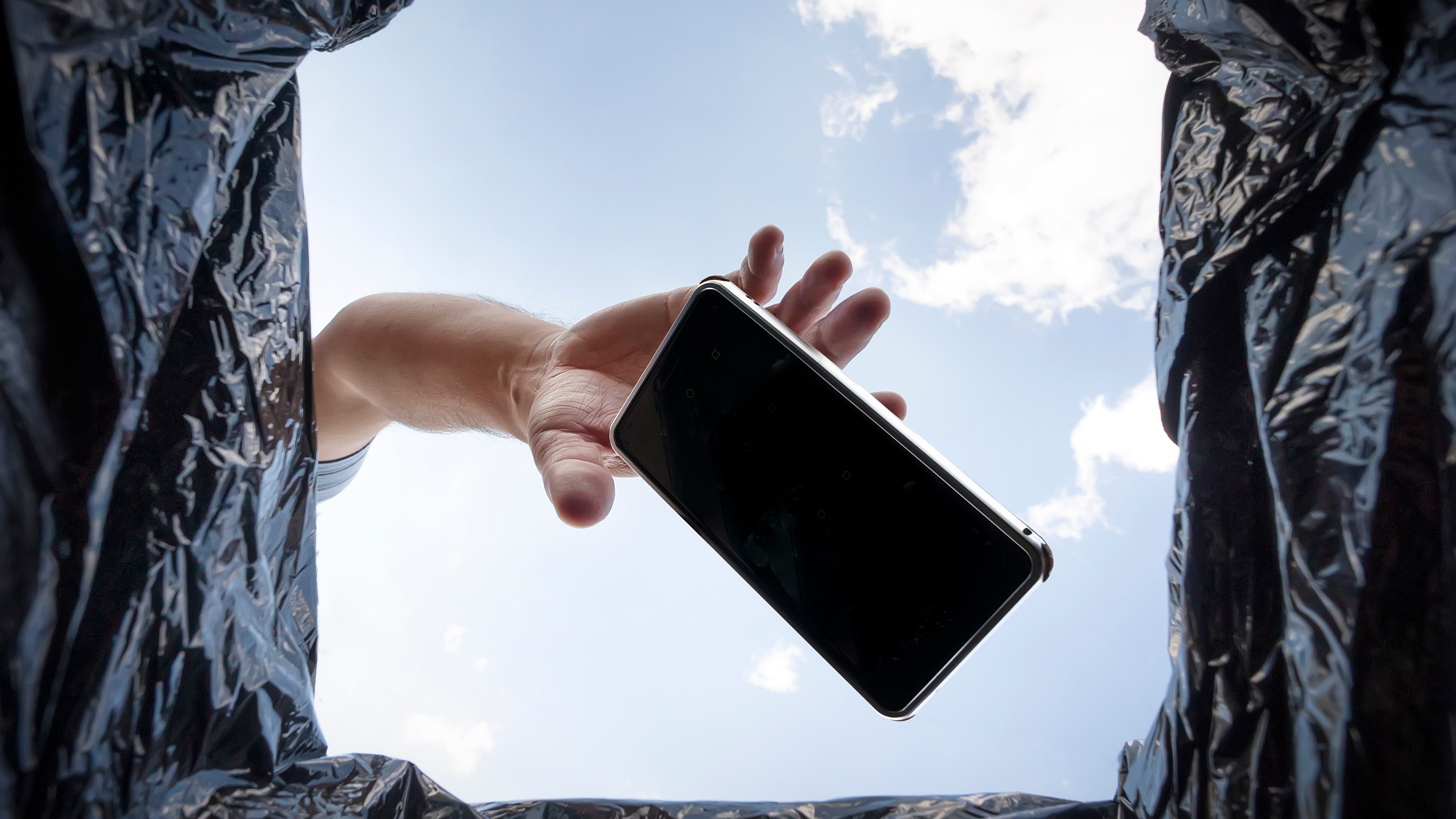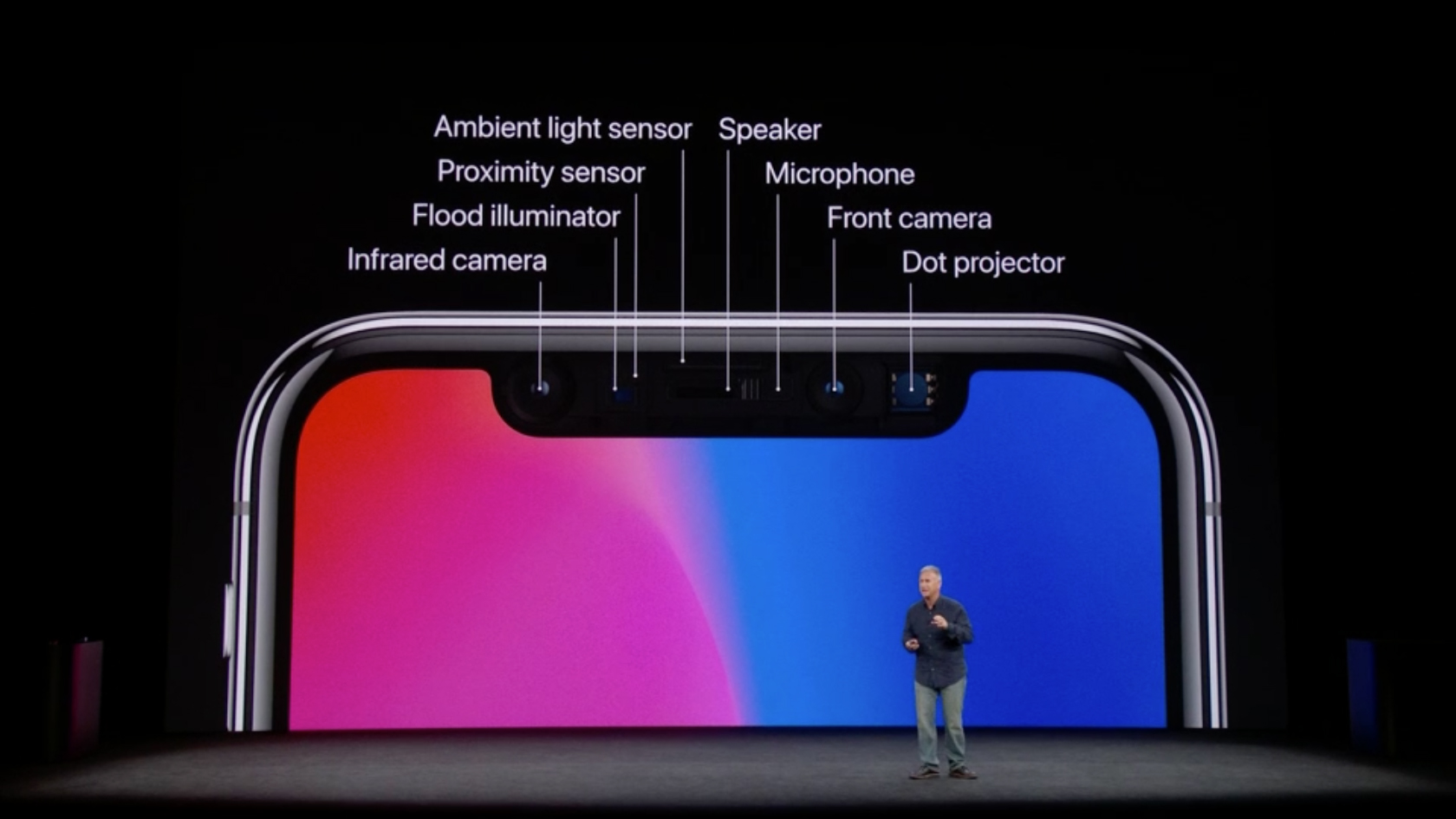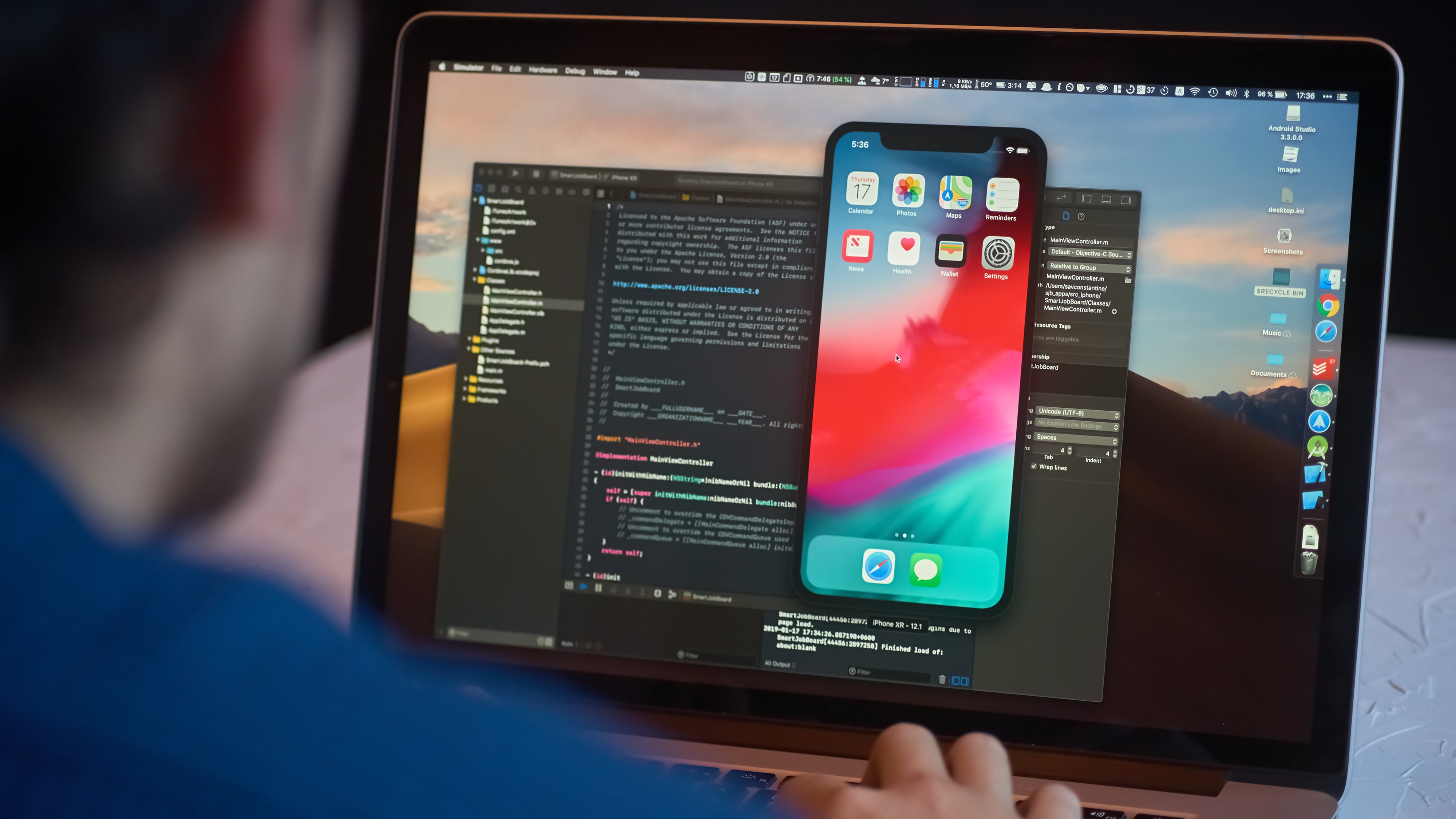
This story was updated with new information on April 6, 2023
Apple is expected to debut iOS 17 and iPadOS 17 at WWDC 2023 later this year, and a reputable leaker claims to know which iPhones and iPads will (and won’t) be supported by the upcoming software updates.
According to a MacRumors source “with a proven track record,” iOS 17 will drop support for the iPhone 8, iPhone 8 Plus and iPhone X, while iPadOS 17 will shun the first-generation iPad Pro (both the 9.7-inch and 12.9-inch models) and fifth-generation iPad. All six devices were released between November 2015 and November 2017.
If the rumor rings true, Apple will have dropped support for almost all devices running the A11 Bionic chip or older with its next major software updates. The sixth- and seventh-generation iPad, as well as the second-generation iPad Pro, will reportedly be exceptions to the rule.
Since we first published this story, however, a second reputable leaker – the very same individual who first hinted that the iPhone 15 and iPhone 15 Plus will feature Apple’s Dynamic Island – has counterclaimed that iOS 17 will be compatible with all iPhones capable of running iOS 16.
At this stage, then, there's little certainty around which iPhones and iPads will (and won’t) be supported by iOS 17 and iPadOS – but we're inclined to believe that the former rumor has more weight.
Apple routinely drops support for older devices with every new edition of iOS and iPadOS – the iPhone 6s, iPhone 7 and iPad Air 2 were among the models left behind by iOS 16 and iPadOS 16, for instance – and both the iPhone X and iPhone 8 are now five years old, which is usually grounds for the chopping block.
Sign up for breaking news, reviews, opinion, top tech deals, and more.

Of course, if indeed these devices aren't supported by iOS 17 and iPadOS 17, they won’t suddenly become redundant. The latest iOS and iPadOS updates should keep them ticking along nicely for several years yet – Apple is known for providing better support to older devices than most Android manufacturers, lest we forget – but these iPhones and iPads won’t benefit from any major OS overhauls that Apple has in the pipeline for the future.
iOS 17: what to expect

As for what features Apple’s next updates will be bringing to the table, we now know that iOS 17 will be a bigger iPhone update than we first thought.
Bloomberg’s Mark Gurman had previously reported that development on the Apple VR headset would lead to “fewer major changes” for iOS 17, but the seasoned Apple expert has since claimed that the upcoming update will actually provide several of users’ “most requested features.”
So, while it’s unlikely that iOS 17 will reinvent the experience of using the best iPhones, we do expect to see a range of significant updates offered to existing iPhone features and apps, like CarPlay, Siri and Messages.
As for things we’d like to see introduced with iOS 17, our seven wishes for iOS 17 guide contains calls for a redesigned Control Center, universal battery widgets and better picture-in-picture controls.
As mentioned, Apple is all but certain to debut iOS 17 at its annual WWDC developer conference in June, with the update expected to begin rolling out to users sometime in September, coinciding with the launch of the iPhone 15 line.

Axel is TechRadar's Phones Editor, reporting on everything from the latest Apple developments to newest AI breakthroughs as part of the site's Mobile Computing vertical. Having previously written for publications including Esquire and FourFourTwo, Axel is well-versed in the applications of technology beyond the desktop, and his coverage extends from general reporting and analysis to in-depth interviews and opinion.
Axel studied for a degree in English Literature at the University of Warwick before joining TechRadar in 2020, where he earned an NCTJ qualification as part of the company’s inaugural digital training scheme.